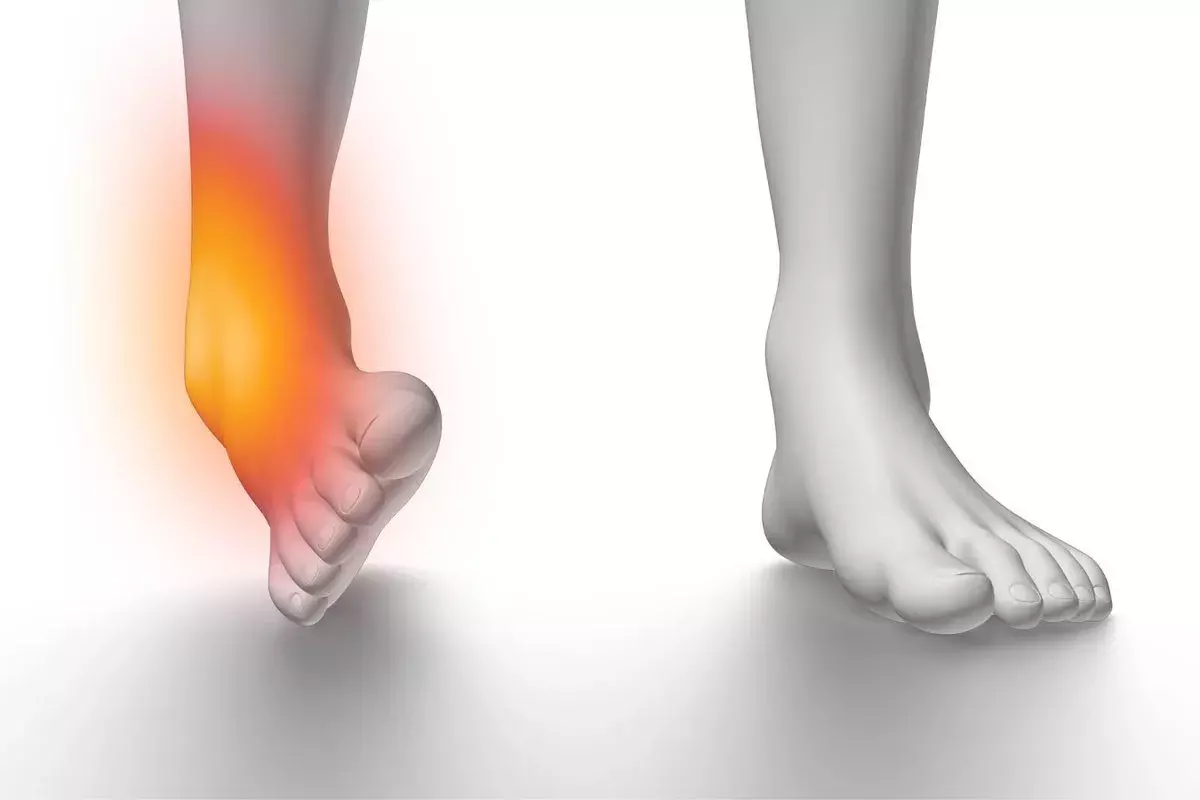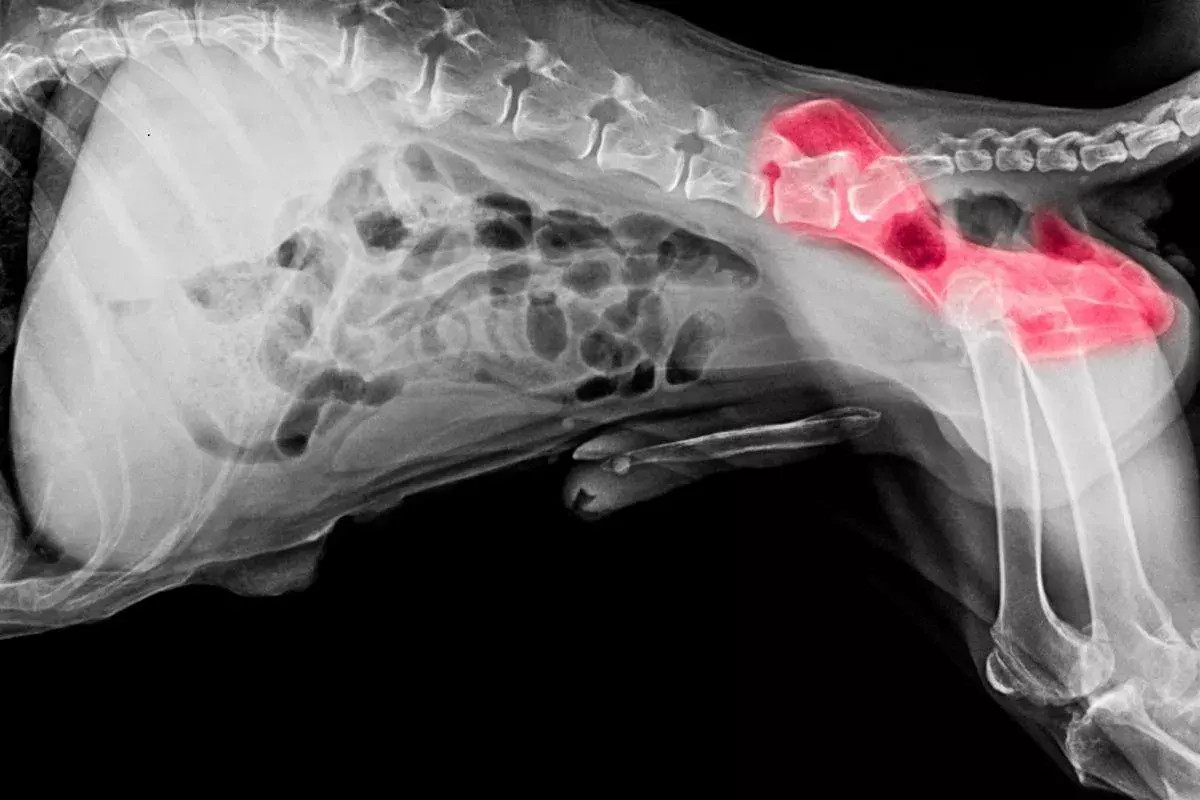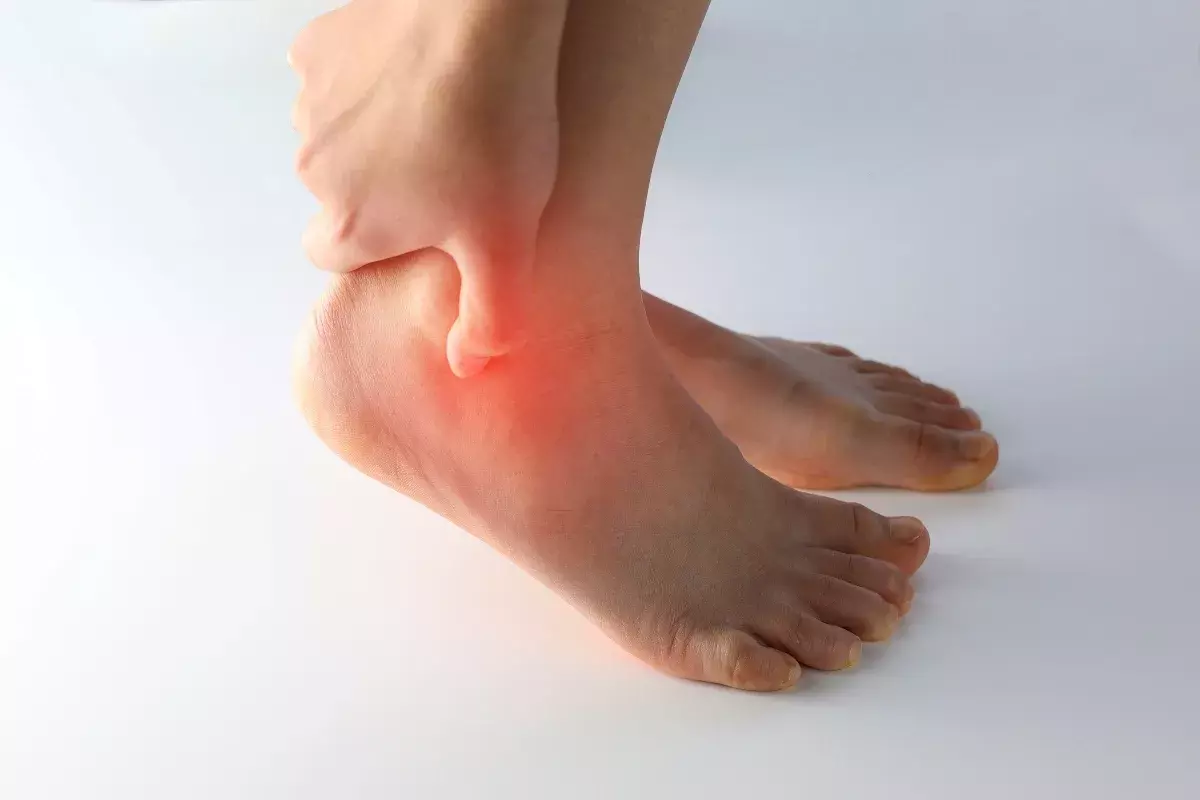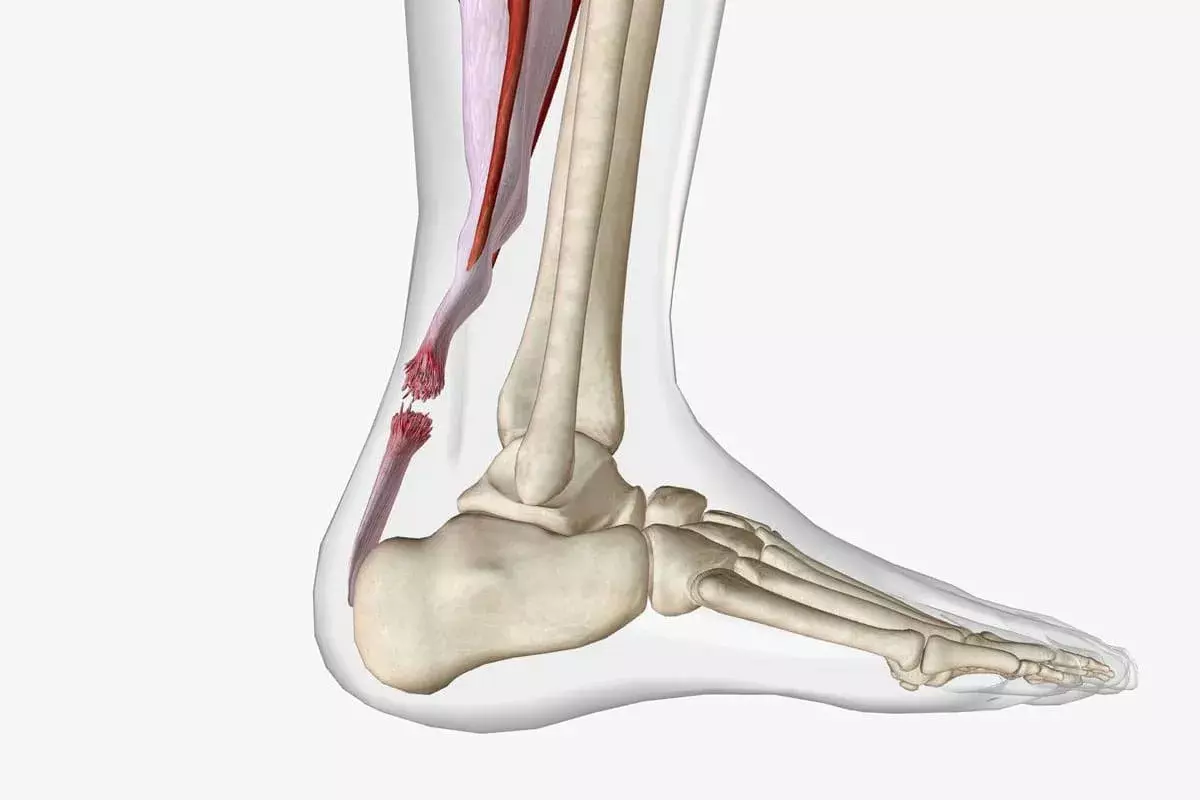Understanding Heart Rhythm Disorder (Arrhythmia)
A heart rhythm disorder, also known as arrhythmia, occurs when the heart beats too fast, too slow, or irregularly. Although heart rhythm disorder is more common among older adults, it can affect individuals of all ages. Some cases may be harmless and temporary, while others can lead to serious complications such as stroke, heart failure, or even sudden cardiac death. Liv Hospital Cardiologist Professor Dr. Enis Oguz explains the causes, symptoms, diagnostic methods, and preventive measures related to heart rhythm disorder to help individuals protect and maintain their heart health.
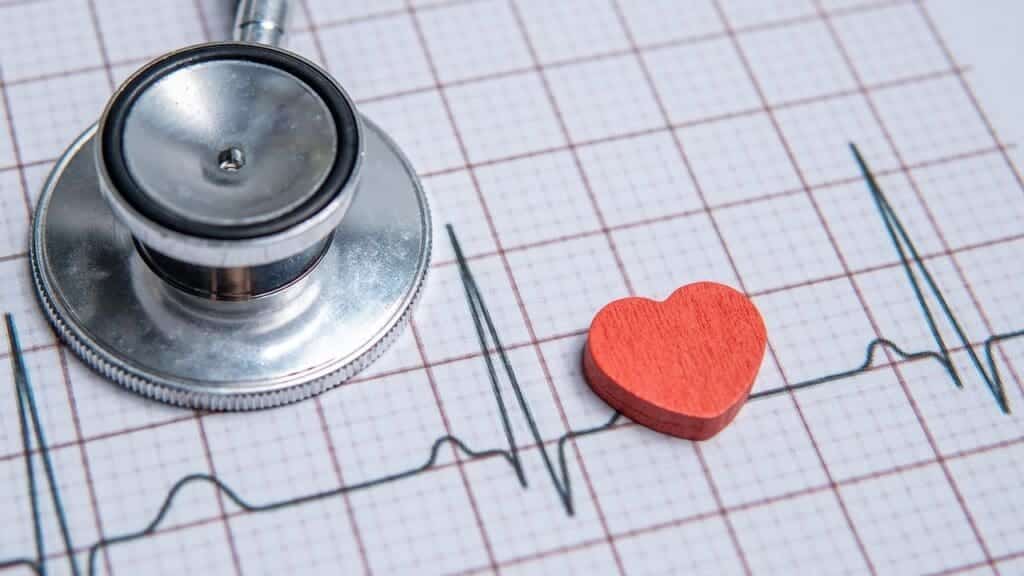
What Causes a Arrhythmia ?
The heart’s rhythm is controlled by a complex electrical system that coordinates each heartbeat. In a healthy heart, specialized cells located in the right atrium produce regular electrical impulses. These impulses travel through the heart’s chambers, ensuring that the heart contracts and pumps blood efficiently. However, any disruption in this process can lead to arrhythmia.
A heart rhythm disorder may cause the heart to beat too quickly (tachycardia), too slowly (bradycardia), or irregularly (premature beats). The causes can range from structural heart disease and high blood pressure to electrolyte imbalances, stress, or medication side effects. In some cases, arrhythmia may result from coronary artery disease or valve problems that interfere with normal electrical conduction.
Arrhythmia can also be triggered by factors such as thyroid dysfunction, excessive caffeine consumption, smoking, or alcohol intake. Inherited conditions and genetic mutations may also play a role in developing a heart rhythm disorder, especially in younger patients without other underlying health problems.
Recognizing the Symptoms of Arrhythmia
The most common symptom of Arrhythmia is a sensation known as palpitations. Patients often describe it as their heart skipping a beat, fluttering, or pounding rapidly in their chest. Others may experience feelings such as “my heart feels like it is racing” or “my heartbeat is visible from the outside.” These episodes may start suddenly and last from a few seconds to several minutes or longer.
Other common symptoms of heart rhythm disorder include dizziness, shortness of breath, chest discomfort, fatigue, and fainting. When fainting occurs, it may signal a more serious type of arrhythmia that requires urgent medical attention. Some individuals may not notice any symptoms at all, and the condition may only be discovered during a routine examination. Recognizing symptoms early and consulting a doctor promptly is crucial to prevent serious complications.
Who Is Most Affected by Heart Rhythm Disorder ?
Although a heart rhythm disorder can occur at any age, it becomes more frequent with advancing age. Older adults are at a higher risk because age-related changes in heart tissue can disrupt electrical signals. The most common type of heart rhythm disorder in older adults is atrial fibrillation, which affects about 2 percent of the general population and up to 10 percent of people over the age of 80. This shows how significant heart rhythm disorder is as a public health issue.
In younger individuals, heart rhythm disorder may occur due to congenital conditions, genetic factors, or stimulant use. For athletes, dehydration, electrolyte loss, or overexertion can also trigger episodes. Regardless of age, identifying the cause and severity of a heart rhythm disorder is essential for effective management.
Diagnostic Tests for Heart Rhythm Disorder
The first step in diagnosing a heart rhythm disorder is recording the heart’s electrical activity. The electrocardiogram (ECG) is the primary tool used for this purpose. It provides valuable information about the heart’s rhythm, rate, and electrical patterns. However, because arrhythmias may come and go, an ECG is most effective when performed during an active episode of heart rhythm disorder.
If the irregular rhythm is not captured during a standard ECG, doctors may recommend longer-term monitoring. Portable ECG devices, about the size of a cell phone, allow patients to record their heart’s activity whenever symptoms occur. This approach greatly increases the likelihood of diagnosing the specific type of heart rhythm disorder.
For rare or difficult-to-detect cases, advanced monitoring devices can be implanted under the skin. These small recorders continuously monitor heart activity for up to three years, providing detailed data for accurate diagnosis. If the cause remains unclear, an electrophysiological study may be conducted. This procedure involves placing thin catheters inside the heart to map electrical signals and pinpoint the origin of the heart rhythm disorder.
Additional diagnostic tests may include echocardiography to evaluate heart structure, cardiac MRI to assess tissue damage, or coronary angiography to examine blood flow in the coronary arteries. In some patients, fainting episodes may be related to vasovagal syncope rather than heart rhythm disorder. A simple reflex test can distinguish between the two conditions and ensure proper treatment.
The Role of Nutrition and Lifestyle in Managing Heart Rhythm Disorder
Lifestyle habits and nutrition play a key role in both preventing and managing heart rhythm disorder. Certain substances can overstimulate the heart and trigger irregular rhythms. Caffeine, energy drinks, and nicotine are common culprits that may worsen symptoms. Alcohol consumption can also destabilize the heart’s rhythm in sensitive individuals. Patients with a heart rhythm disorder are often advised to reduce or avoid these triggers altogether.
Medications can also influence heart rhythm. Some heart and blood pressure drugs may slow the heart rate excessively, causing bradycardia. Even certain eye drops used for glaucoma can have this effect. It is essential for patients to inform their doctors about all medications they are using to avoid drug-induced heart rhythm disorder.
General heart health recommendations apply to individuals with heart rhythm disorder as well. Maintaining a healthy body weight, exercising regularly, eating a balanced diet, managing stress, and avoiding excessive salt intake all contribute to a stable heart rhythm. Quitting smoking and reducing alcohol intake are particularly important for long-term heart protection.
Prevention and Treatment of Heart Rhythm Disorder
Preventing a heart rhythm disorder begins with controlling underlying health conditions such as hypertension, diabetes, and thyroid disorders. Regular medical checkups can detect early signs of cardiac irregularities and allow timely intervention.
Treatment depends on the type and severity of the heart rhythm disorder. Some patients may only require medication to regulate the heart rate or rhythm, while others may need more advanced interventions such as catheter ablation or the implantation of a pacemaker or defibrillator. These devices help maintain a normal heart rhythm and prevent dangerous arrhythmias that could lead to cardiac arrest.
For patients with atrial fibrillation, anticoagulant therapy is often prescribed to reduce the risk of stroke. Lifestyle modifications, including stress reduction techniques such as yoga or meditation, can also help minimize episodes of heart rhythm disorder.
Living with Heart Rhythm Disorder
Living with a heart rhythm disorder requires ongoing awareness and proactive management. Patients are encouraged to monitor their symptoms, adhere to prescribed medications, and attend regular follow-up appointments. With the right treatment and healthy habits, many people with heart rhythm disorder can lead full, active, and healthy lives.
Liv Hospital’s Cardiology Department offers comprehensive diagnostic and treatment options for patients with heart rhythm disorder. Using advanced technology and evidence-based care, the hospital’s team of specialists ensures accurate diagnosis, effective therapy, and long-term monitoring. The patient-centered approach at Liv Hospital emphasizes not only medical care but also education and lifestyle support to help individuals manage their condition confidently.
Conclusion
A heart rhythm disorder can range from a minor inconvenience to a serious, life-threatening condition. Understanding the causes, recognizing symptoms, and seeking timely medical care are the keys to maintaining heart health. By following medical advice, adopting a heart-healthy lifestyle, and undergoing regular checkups, patients can significantly reduce their risk of complications.
Liv Hospital Editorial Board has contributed to the publication of this content. The contents of this page are for informational purposes only. Please consult your doctor for diagnosis and treatment. The content of this page does not include information on medicinal healthcare at Liv Hospital.
* Liv Hospital Editorial Board has contributed to the publication of this content .
* Contents of this page is for informational purposes only. Please consult your doctor for diagnosis and treatment. The content of this page does not include information on medicinal health care at Liv Hospital .
For more information about our academic and training initiatives, visit Liv Hospital Academy
Frequently Asked Questions
What is a heart rhythm disorder?
A heart rhythm disorder, or arrhythmia, occurs when the heart beats too fast, too slow, or irregularly due to electrical signal disturbances.
What causes a heart rhythm disorder?
It can result from heart disease, high blood pressure, stress, thyroid problems, caffeine, alcohol, smoking, or genetic factors.
What are the common symptoms?
Palpitations, dizziness, fatigue, shortness of breath, chest pain, or fainting are common warning signs of arrhythmia.
How is a heart rhythm disorder diagnosed?
Doctors use tests such as ECG, Holter monitoring, echocardiography, or electrophysiological studies to detect irregular heart activity.
Can lifestyle habits trigger arrhythmia?
Yes. Excess caffeine, alcohol, smoking, and stress can worsen symptoms or trigger irregular heartbeats.
How is it treated?
Treatment options include medication, catheter ablation, or device implantation such as a pacemaker or defibrillator.
Why choose Liv Hospital for arrhythmia care?
Liv Hospital offers advanced diagnostic tools, expert cardiologists, and personalized treatment plans for safe and effective heart rhythm management.



